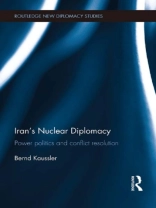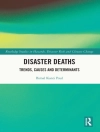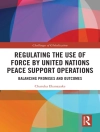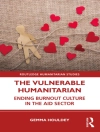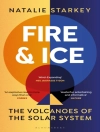This book examines the dynamics of relations and the substance of the negotiations between the international community and Iran over the latter »s nuclear programme .
Iran’s nuclear programme and the alleged threat to international peace and security remains one of the most important issues in the United States, as well as in European foreign affairs. In the US, Iran has dominated the political discourse for over three decades and Europe has spent considerable political capital in finding a diplomatic solution to Iran’s nuclear ambitions. While relations between both states remain subject to mutual hostility, the EU remains a channel of communication and since 2003 has maintained a multilateral negotiation framework.
By and large, the narrative on nuclear negotiations is dominated by constructivist and realist literature, portraying relations between the US and Iran in ideological terms as a prolonged struggle for regional influence. Embedded within conflict resolution and diplomatic theory, this work attempts to bridge this gap. Drawing upon primary documents and interviews, the text examines negotiation behaviour, and strategies and tools of statecraft, as well as analysing technical aspects of initiatives concerning the nuclear programme.
This book will be of much interest to students of nuclear proliferation, international diplomacy, Middle Eastern politics, security studies and IR in general.
